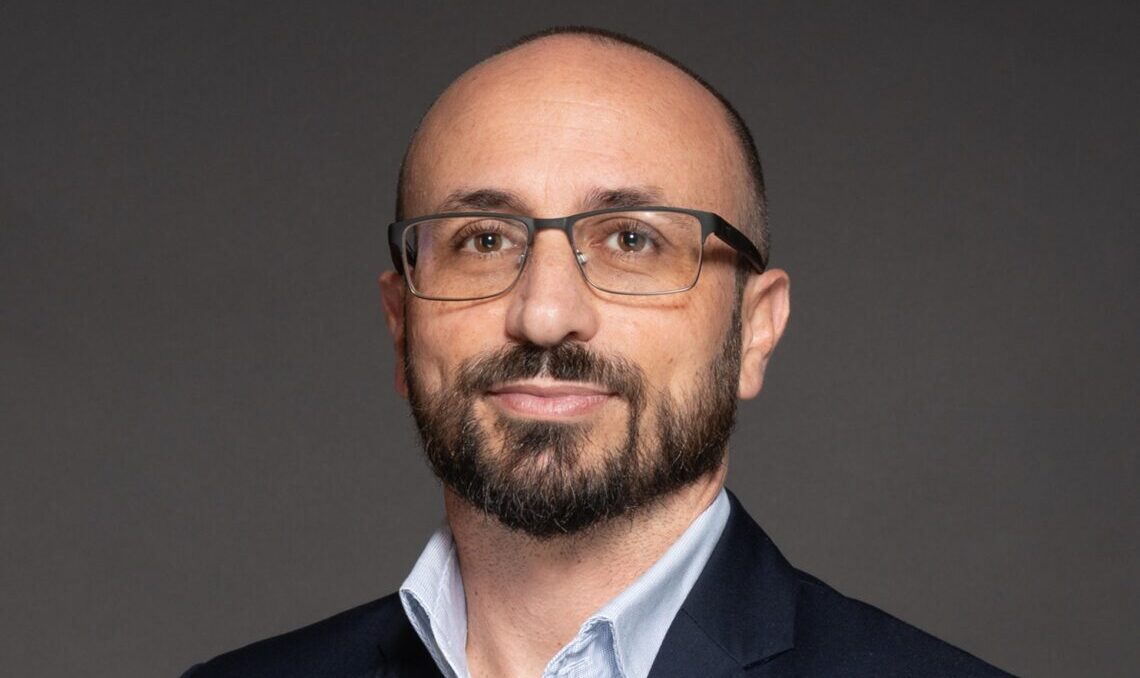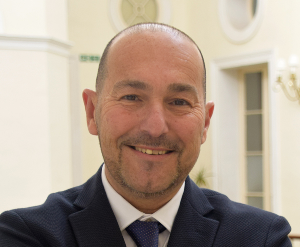The new year marks a new chapter for entrepreneurs and businesses. Following extensive global discussions in business circles, especially after COVID-19, could 2024 be the year where the four-day workweek becomes viable?
In the case of Co-Founder and CEO of Canadian company Procurify Aman Mann, the four-day workweek was not only viable but the only temporary solution to saving all employees’ jobs at the company.
At the time, many companies had to cut costs by 25 to 30 per cent to survive and this prompted him to propose a temporary salary reduction of 20 per cent, to maintain 100 per cent of his staff. This translated to a 32 hour workweek.
Out of all employees, only one objected. “I was just honest that I don’t know what the world looks like from today. But I know that my goal is to look out for everyone here, and if we can support each other during this period, I believe that we’re better for it,” Mr Mann commented.
Three years down the line, salaries rose back up to 100 per cent. However, the CEO noted impeccable results from his employees, leading him to sustain the four-day workweek with full salary but at 40 hours.
Last year saw the emergence of terms like quiet quitting and great resignation, fuelling discussions on flexible work arrangements and new dynamics. The four-day workweek remains a topic of debate.
Quru, a Dutch company that specialises in end-to-end growth consultancy and interim recruitment and HR project management services, recently conducted a poll on LinkedIn asking about the prospect of having such a strategy.
As expected, the majority (86 per cent) stated that they were enthusiastic about a four-day workweek. On the other hand, 14 per cent were doubtful of its success.
Benefits for employees range from having more time for themselves, increasing happiness and overall satisfaction. Quru commented on the fact that a condensed work schedule may contribute to higher job satisfaction, because of more flexibility and less burnout.
And overall, productivity and output may increase as deadlines could potentially be tighter and stricter with one less day of work. On the other hand, sceptics believe the fear of having less time on their hands could mean setbacks in meeting deadlines and company goals.
Additionally, poll participants that do not believe in this strategy also fear implementation challenges especially for employees and clients to adapt to workflow, client expectations along with communication processes. This also includes concerns about a smooth transition.
So much that, Winningtemp CEO Pierre Lindmark felt that a shorter week could also be anxiety-inducing due to the pressure tied to it.
However, a four-day workweek trial done in England tackled this issue, and found that time-consuming meetings and other distractions were cut down. The primary focus was towards quality-driven work, with minimal to no interruptions.
Questions have also been raised about industries that cater for high client demands or provide essential services. In that case, the four-day working week might be less applicable or adaptable.
On the legal aspect, others have raised concerns over how this strategy affects part-timers and their contracts and how leave is calculated across the board.
Meanwhile, Nicky Gouder, Partner at advisory firm Seed and Director at digital corporate services platform Binderr had said that a four-day workweek could solve some workplace problems, however it should also focus on maintaining employee happiness.
He believes that companies should strive for more and people need to be “happy and motivated every day of the week, irrespective of whether they work one or seven days a week.”
Sophie-Ann Busuttil appointed Director at Luxury Living Technologies following tragic loss of her father
For the last two years she has served as head of the group’s Luxury Living Sustainable Hospitality Company.
Aaron Azzopardi appointed General Manager at Aviaserve Ltd
Aaron tells MaltaCEOs.mt he's 'humbled and excited' as he takes on the new role.
Understanding bond defaults: Paul Bonello on investor risk, regulation and the role of financial advisors
The market commentator and Director addresses key questions raised by the potential bond default involving MMH.
‘The market conditions aligned’ – Multi Packaging MD on Tunisia expansion
The new facility will be converting corrugated sheets produced in Malta into premium packaging









